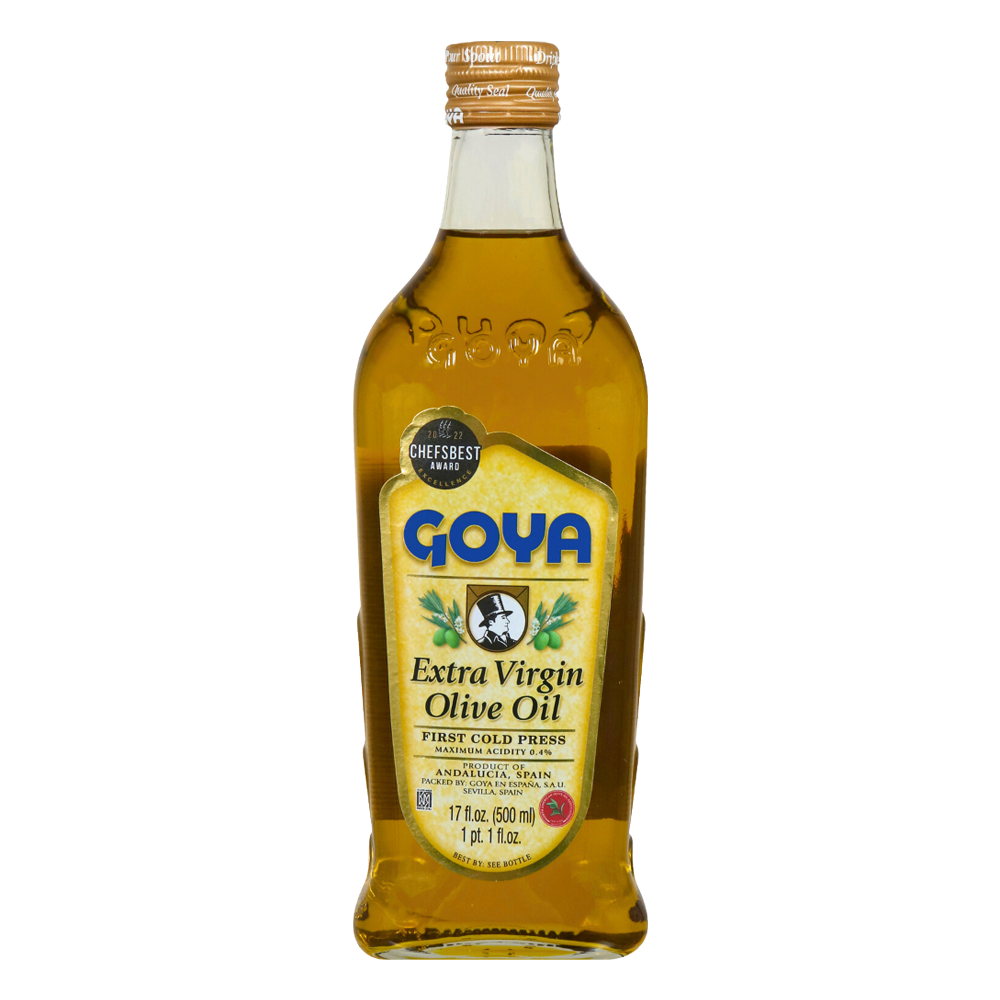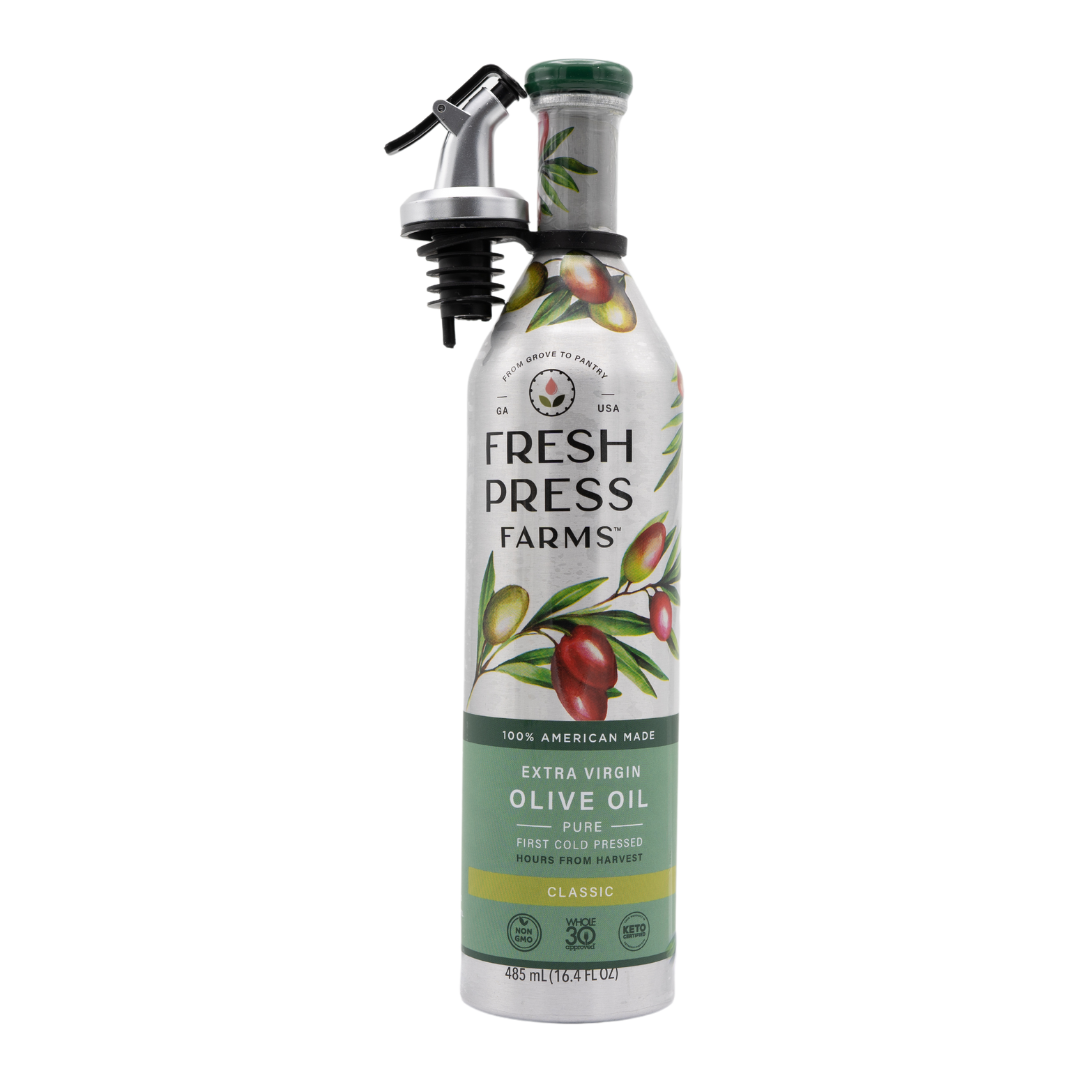Extra Virgin Olive Oil Benefits: How It Supports Healthy Cholesterol Levels
Extra Virgin Olive Oil Benefits: How It Supports Healthy Cholesterol Levels
Blog Article
Discovering the Various Sorts Of Olive Oil and Their Uses, Consisting Of Additional Virgin Olive Oil
The expedition of olive oil encompasses a varied array of types, each offering cooking applications and distinct tastes. Bonus virgin olive oil, renowned for its exceptional top quality and health benefits, offers as a staple in many kitchen areas, yet it is just one facet of this diverse active ingredient.
What Is Olive Oil?
Originated from the fruit of the olive tree, olive oil is a staple in Mediterranean cuisine and a vital component in different cooking applications. This versatile oil is produced by pressing whole olives, causing a liquid that varies in aroma, flavor, and color relying on the kind of olives made use of, the region of growing, and the removal procedure. Olive oil is mostly made up of monounsaturated fats, particularly oleic acid, which is known for its possible health and wellness advantages, including anti-inflammatory homes and cardiovascular support.
Along with its culinary usages, olive oil has a long history of application in conventional medication and skin care, owing to its abundant antioxidant material (extra virgin olive oil benefits). The oil is commonly made use of in dressings, sauces, and for cooking approaches such as sautéing and roasting. Its distinctive flavor account can boost the preference of different meals, making it a crucial active ingredient for both home chefs and specialist cooks
Moreover, olive oil is commemorated for its function in the Mediterranean diet, which is connected with various health and wellness benefits. As recognition of these benefits grows, olive oil continues to get appeal worldwide as a fundamental part of a healthy and balanced way of life.
Kinds Of Olive Oil
Understanding the various kinds of olive oil is vital for both health-conscious customers and culinary enthusiasts. Olive oil is identified mainly based upon its extraction approach and high quality, which significantly influences its health, taste, and aroma advantages.

Light olive oil, regardless of its name, describes a lighter flavor and not lower calories. It is perfect for those seeking an extra refined taste in marinades and dressings. Furthermore, there are flavored olive oils infused with herbs, seasonings, or citrus, which can boost meals without the need for added spices.
Each sort of olive oil serves specific cooking functions, and understanding these distinctions enables consumers to make informed selections that line up with their cooking designs and health objectives.
Additional Virgin Olive Oil
Extra virgin olive oil (EVOO) is commonly concerned as the best olive oil available, popular for its rich taste and various health and wellness benefits. To be identified as additional virgin, the oil has to be created from fresh olives making use of mechanical processes, without the usage of solvents or extreme heat. This thorough method maintains the oil's natural flavors, anti-oxidants, and healthy fats, resulting in an item with a low level of acidity degree of less than 0.8%.
EVOO is bountiful in monounsaturated fats, particularly oleic acid, which is connected to reduced inflammation and improved heart wellness. It also has polyphenols, powerful antioxidants that might offer safety effects against persistent diseases. The flavor profile of EVOO can differ considerably relying on the olive range and area of manufacturing, varying from fruity and grassy to durable and sharp.

Culinary Use Olive Oil

In cooking, olive oil can click now be used for sautéing, toasting, and cooking, giving a much healthier choice to butter or various other fats. Its high smoke factor makes it appropriate for different cooking techniques, while its antioxidants add to a heart-healthy diet regimen. Showering olive oil over ended up meals, such as pasta, fish, or barbequed veggies, can boost tastes and include a touch of beauty.
Furthermore, olive oil plays a significant role in cooking, where it can change conventional fats in recipes for bread and pastries, presenting dampness and a subtle taste. It additionally works as a base for infused oils, allowing cooks to trying out tastes such as garlic, herbs, or chili, further increasing its culinary potential. On the whole, olive oil's adaptability makes it important in both home and professional cooking areas.
Deciding On Top Quality Olive Oil
When picking high quality olive oil, it's necessary to consider a number of essential variables that influence the product's flavor, health and wellness, and aroma advantages. Decide for additional virgin olive oil (EVOO), which is acquired from the first cool pushing of olives and contains the greatest degrees of antioxidants and useful substances. Look for oils that are licensed by identified organizations, as this commonly ensures adherence to strict top quality criteria.
The packaging also plays a considerable duty in preserving the oil's stability. Pick oils saved in dark glass containers or tins to secure versus light degradation. Take note of the harvest date; fresher oils provide premium taste and dietary worth, so select products that are within 18 months of their harvest.
Be conscious of the taste; a good top quality olive oil need to have an equilibrium of fruity, bitter, and peppery notes, indicating its richness and intricacy. By assessing these aspects, you can guarantee you are choosing the best olive oil for your cooking requirements.
Final Thought
In summary, the expedition of different kinds of olive oil exposes distinctive attributes and applications, with added visit this website virgin olive oil standing for the pinnacle of high quality due to its low level of acidity and high antioxidant content. Comprehending the various ranges of olive oil permits for informed selections in cooking approaches, promoting healthier techniques while enriching the general gastronomic experience.
Derived from the fruit of the olive tree, olive oil is a staple in Mediterranean cuisine and a vital ingredient in various cooking applications.The most usual types of olive oil include improved olive oil, pure olive oil, and light olive oil.Extra virgin olive oil (EVOO) is commonly pertained to as the highest high quality olive oil readily available, well known for its abundant taste and numerous health and wellness advantages. Decide for extra virgin olive oil (EVOO), which is derived from the very first cool pushing of olives and consists of the highest possible levels of antioxidants and useful substances.In recap, the expedition of various types of olive oil exposes unique features see post and applications, with additional virgin olive oil standing for the pinnacle of quality due to its low acidity and high antioxidant material.
Report this page